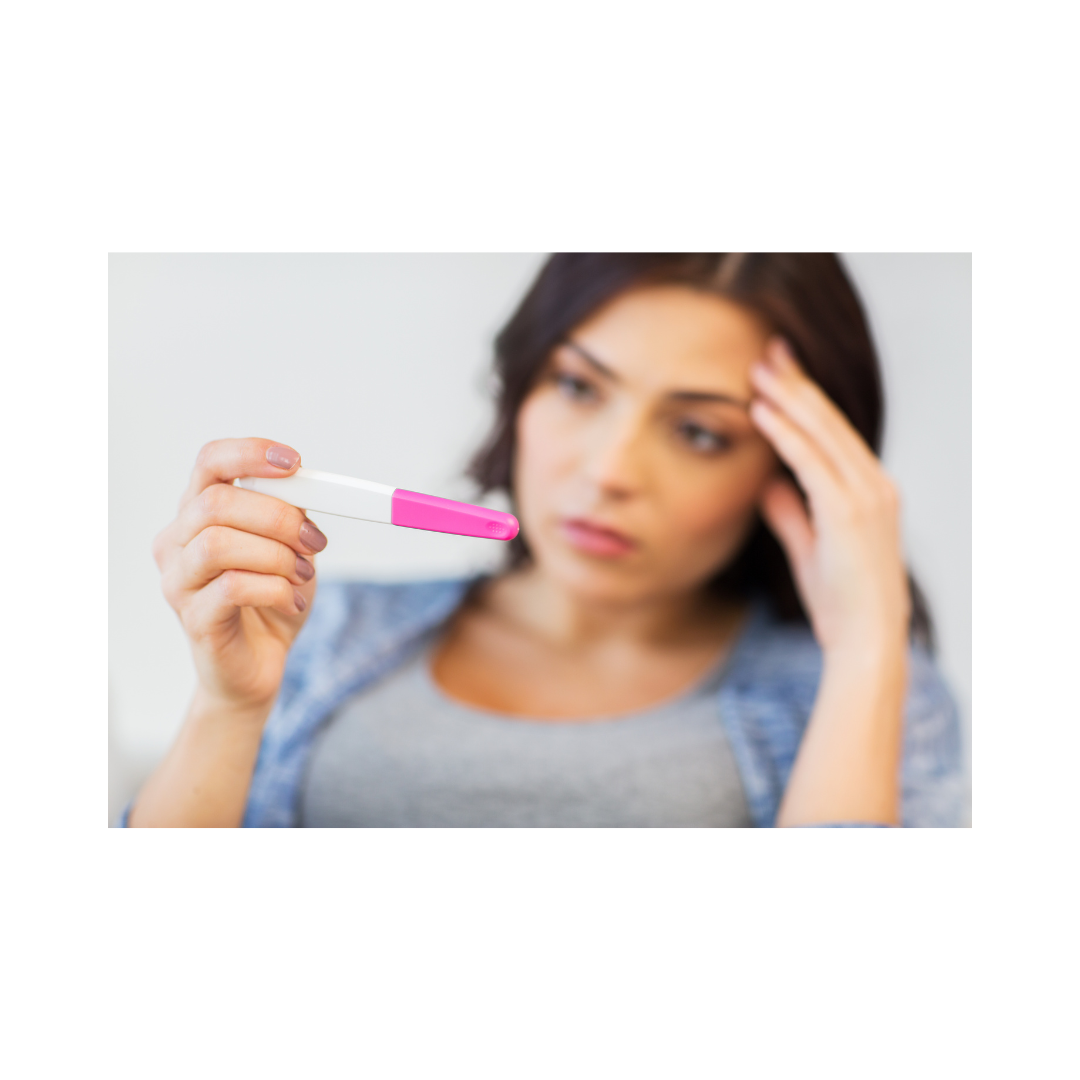January 25, 2021
As the female body prepares to grow, carry, and care for another human, it only makes sense that it might experience some noticeable changes.
If you think you might be pregnant, there are some signs to keep an eye out for that might help indicate whether or not you’re right. While the only real way to be certain is through clinical pregnancy testing and an ultrasound scan, understanding how to recognize early pregnancy symptoms will help you know when to visit your local pregnancy clinic.
Here are the top early pregnancy symptoms to look out for:
1. MISSED PERIOD
When a woman becomes pregnant, she will no longer ovulate or have her period. For many women, a missed period is the first sign of pregnancy that’s noticed. However, if you have irregular cycles or don’t typically keep track of your period, you might miss this sign.
2. SPOTTING
Spotting is a common sign early on in pregnancy and can occur when the fertilized egg is implanting and attaching to the uterine lining.
3. CRAMPING
Similar to period cramps, women might experience mild cramping in their abdominal area in the early pregnancy stages.
Request Appointment Form
We will get back to you as soon as possible.
Please try again later.
4. SWOLLEN OR TENDER BREASTS
As the entire body changes to prepare itself to carry and care for a human, pregnant women will also likely experience a change in the size and sensitivity of their breasts as they prepare to supply milk for the baby.
5. FATIGUE OR TIREDNESS
In the early pregnancy stages, the body’s production of progesterone increases drastically. So will a woman’s levels of tiredness and fatigue. While this might make typical activities exhausting, it’s important to get that extra rest your body needs.
6. NAUSEA
Pregnancy brings on an increase in hormones to care for the developing fetus and these changes can often lead to pregnancy-related nausea. While this symptom is sometimes referred to as “morning sickness,” it can, unfortunately, affect women throughout all hours of the day and night. Thankfully, this side effect of pregnancy will typically only last through the first trimester.
7. FREQUENT URINATION
The hormonal changes that come in the early stages of pregnancy can lead to increased fluid in the body and more efficient kidneys, leading to more frequent urination. Additionally, the uterus, as it starts to expand, can put pressure on the bladder. It then sends signals to the brain that it’s time to go to the bathroom.
8. DARKENING OF AREOLAS
In addition to swollen and tender breasts, women might experience a change in the color and texture of the areolas. This change is typically due to an increase in the hormones estrogen and progesterone.
9. FOOD CRAVINGS
Similar to the changes in appetite surrounding the ebbs and flows of the menstrual cycle, newly pregnant women might find themselves craving new, and sometimes unusual, foods.
DISCLAIMER
The Open Arms Pregnancy Clinic is a non-profit Community Health Clinic specializing in pregnancy confirmation and helping those facing unintended pregnancy explore their options. We do not provide extended OB/GYN or prenatal care or STD/STI testing or treatment, nor do we perform or refer for abortion services, the abortion pill, emergency contraception, or birth control. The information presented on this website is intended for general education purposes only and should not be relied upon as a substitute for professional and/or medical advice.










